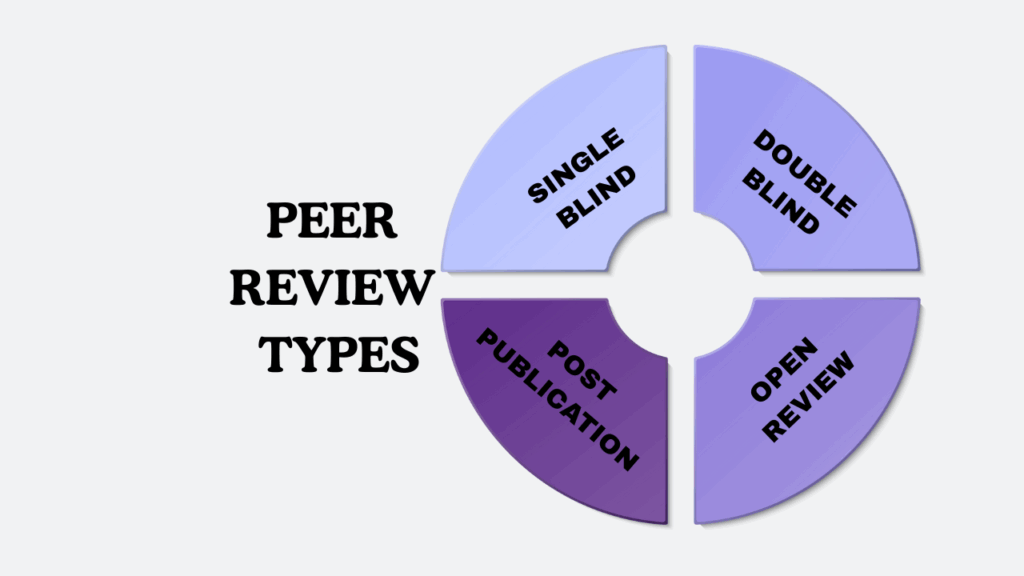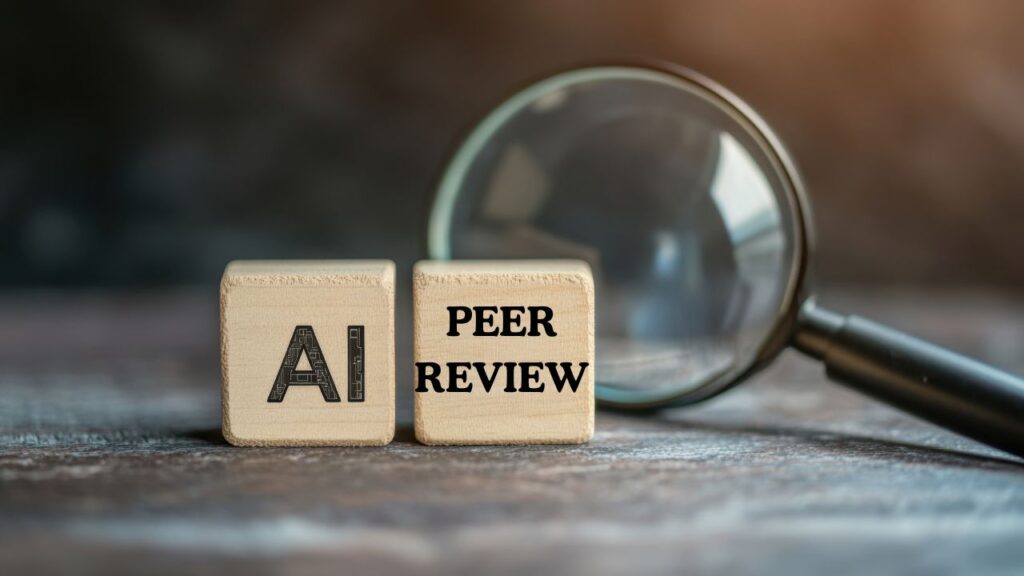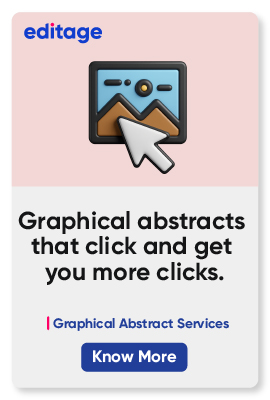An integrated approach to achieving diversity and inclusion in peer review

We asked Roxana Lescano, Director of Research Administration Program in Topical Research Centre of The U.S. Navy Medical Research Unit, to share her views on what diversity in peer review means to her and how the scholarly publishing community could become more inclusive. Here are her views:
What do diversity and inclusion in peer review mean?
- It means including reviewers from various regions of the world, particularly where the research is taking place.
- It means aspiring for a gender balance among peer review teams.
- It means recognizing the challenges among developing world communities in accessing peer-reviewed literature and compensating the reviewer with temporary access to one particular source of journals as a gesture of appreciation. Reviewers can only get better if they access rigorous research literature.
- It means making an effort to give opportunities to researchers, especially women researchers from the developing world.
- It means providing training or mentoring to peer reviewers. Aspiring reviewers should have more opportunities to strengthen their scientific careers through a mentored-review system.
How could journals achieve diversity in peer review?
- By including reviewers from various cultures and regions
- By highlighting the importance of local experts and the locally generated information. Research which is conducted in the developing world but whose authors come from the developed world and is published in journals that poor countries cannot afford does not represent inclusion and diversity.
- By including contextual reviewers in addition to scientific reviewers for journal articles. There is usually little community representation in the peer review system. Community representation refers to individuals who represent the study group, the area, the country, who have experience in manuscript review and methodology, but are not necessarily scientists and who may comment on the context or topic, but not necessarily on the science.
- By ensuring there is no gender bias. The primary criterion for choosing reviewers should be their fitment for a manuscript. So if there are eligible and relevant women reviewers in a journal’s pool along with the male, journals should give them equal opportunities to review.
- Capabilities aside, there must be stronger efforts to cast a wider net in the developing world to seek out experienced reviewers who also have local knowledge. The local National Science Foundations could be a good source of in-country information as they know who the investigators are. I do not believe this is happening.
- What is also needed is an effort to build new cadres of reviewers who meet the standards needed. This takes practice and mentoring, and it offers a win-win solution, for journals and for developing scientific communities. So peer reviewer training should definitely be on the agenda.
- Transparent and standardized peer review systems may be a good way of building new cadres of reviewers among young scientists in the developing world.
- Peer review is a burden on well-established researchers, who are frequently asked to review new manuscripts, while simultaneously managing their work, teaching, mentoring, and competing for new grants. We need to break this cycle by equipping younger scientists with the skills they need to become peer reviewers.






